Apple and other technology companies in Silicon Valley will now find it more difficult to bring foreign workers into the U.S. through the H-1B work visa program, thanks to the Trump administration's follow-through of one immigration-related "America first" promise. In January, the administration drafted an executive order outlining an overhaul of various work visa programs, including H-1B, that tech companies use to hire integral employees from outside the U.S.
The original draft proposal stated that tech companies relying on foreign hiring did not serve "the U.S. national interest," and now the Trump administration has rolled out a collection of policy shifts to begin pivoting the program to better serve American workers (via Bloomberg). The changes began last Friday when the U.S. Citizenship and Immigration Services agency "made it harder" for tech companies to bring foreign workers to the U.S. using the H-1B work visa.
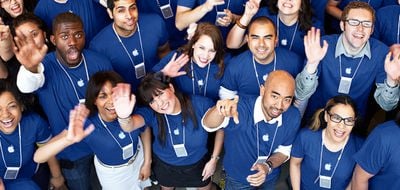
This week, both the USCIS and the Justice Department issued memos outlining a rallying of support for the new administration's focus on American workers who have the same skills as foreign workers. Allegations against the H-1B work visa program point towards tech companies abusing the cheaper cost of foreign workers as a money saving measure, which the USCIS has repeatedly referred to as "fraud and abuse" in its new memo.
The Justice Department has warned employers "not to discriminate against U.S. workers," and is readying investigative plans that will "vigorously prosecute" any company who is reported to violate the new rules.
The Justice Department cautioned employers petitioning for H-1B visas not to discriminate against U.S. workers. The warning came as the federal government began accepting employers’ H-1B visa petitions for the next fiscal year. The H-1B visa program allows companies in the United States to temporarily employ foreign workers in specialty occupations such as science and information technology.
“The Justice Department will not tolerate employers misusing the H-1B visa process to discriminate against U.S. workers,” said Acting Assistant Attorney General Tom Wheeler of the Civil Rights Division. “U.S. workers should not be placed in a disfavored status, and the department is wholeheartedly committed to investigating and vigorously prosecuting these claims.”
While the new guidelines will make it tougher for tech companies to hire foreign workers, they don't make it impossible. In the USCIS policy memorandum released last week, it's detailed that companies will have to provide more evidence to prove that the computer programming position in question is "complex, specialized, or unique" in some way that justifies the position being filled by a foreign worker whose skills could not be found in the U.S.
Associate professor Ron Hira, who has researched the H-1B work visa program, previously pointed out that the changes will directly affect companies hiring for cheap labor, while companies hiring for legally skilled workers will have less of an issue with the policy shift. "This is a step in the right direction in terms of tightening up the eligibility," said Hira. "You’re going to have to beef up your argument for why you need this person."
In an interview with Bloomberg, Carnegie Mellon University professor Vivek Wadhwa said that while the H-1B visa is "flawed," the solution to the program's problem -- namely declining salaries -- lies in the green card.
"The H-1B visa is a flawed visa, but the problem is the next step - the green card. Because what happens is that when people have applied for permanent resident visas, they're now stuck in this H-1B visa loop. The easiest fix to the immigration problem, this issue about declining salaries, is to untether the visa from the [hiring] company. In other words, if a company hires someone on a H-1B visa, and [the employee] gets someone offering them a higher salary, then they can leave and continue over there. This way there's no cheaper labor anymore."
For Apple, the company has cited concern for the specific ways that Trump's order "will affect many visa holders who work hard here in the United States and contribute to our country's success." In a letter penned by Apple and a collection of various tech companies back in February, the group said that it is "critical" that the U.S. continues to attract intelligent workers from around the world, while telling the Trump administration that they are available as a resource "to help achieve immigration policies that both support the work of American businesses and reflect American values."
Note: Due to the political nature of the discussion regarding this topic, the discussion thread is located in our Politics, Religion, Social Issues forum. All forum members and site visitors are welcome to read and follow the thread, but posting is limited to forum members with at least 100 posts.




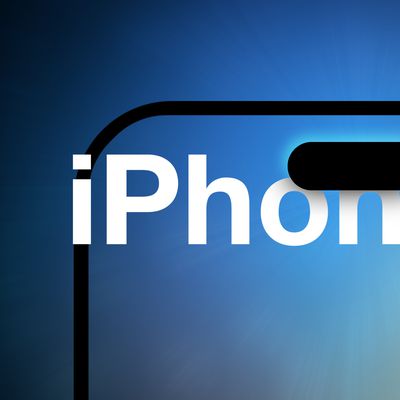

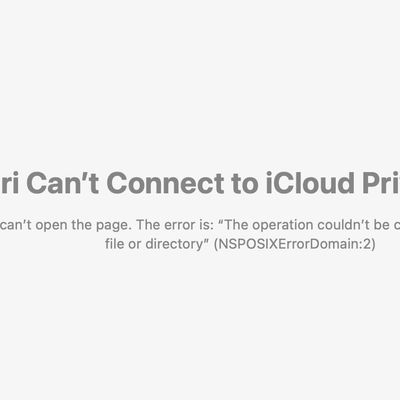











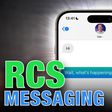

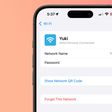
Top Rated Comments
60 minutes had a piece on several companies who told their IT employees to train their H1B1 replacements to do their jobs or forfeit their severance pay. The workers that replaced them were NOT more qualified, but less.
Where the **** was Barack Obama, Hillary Clinton, Tom Perez, Nancy Pelosi, or Chuck Schumer when they could've done something about it? Too busy trying to fast track TPP, that's where.
Not to mention that this just may force companies to increase outsourcing more work which this would not affect.